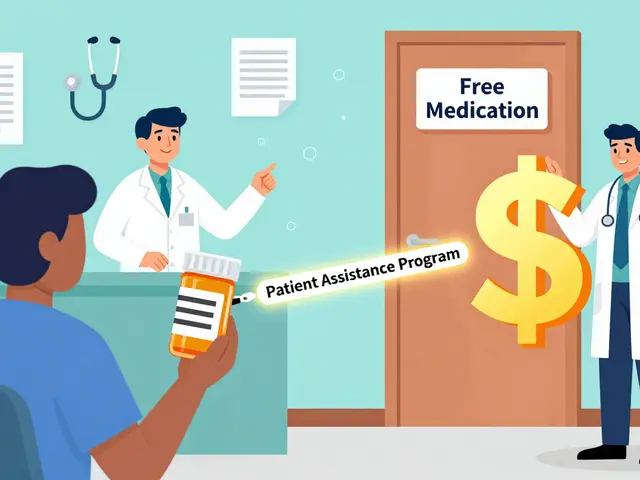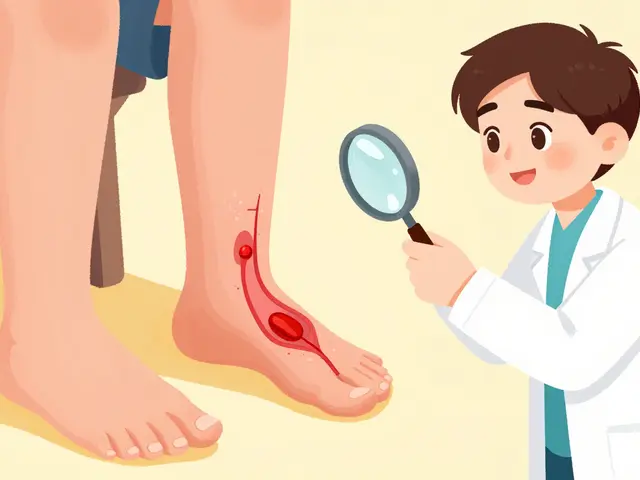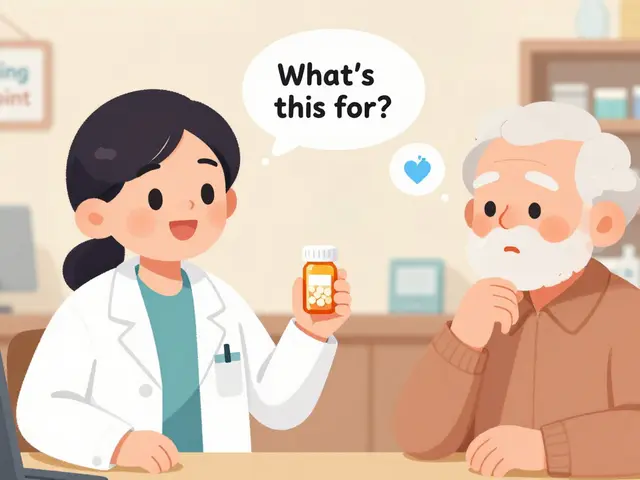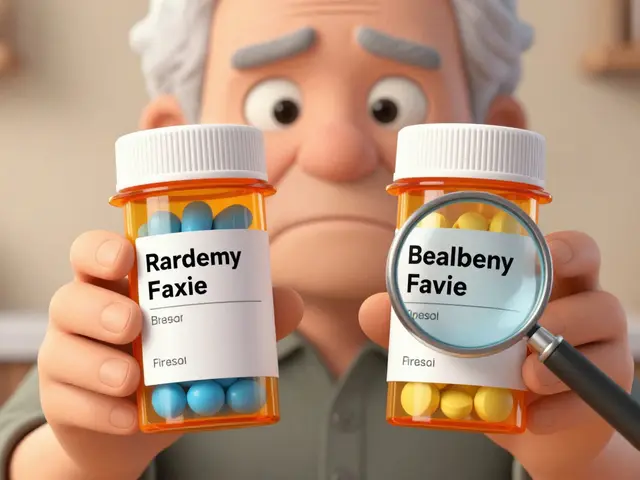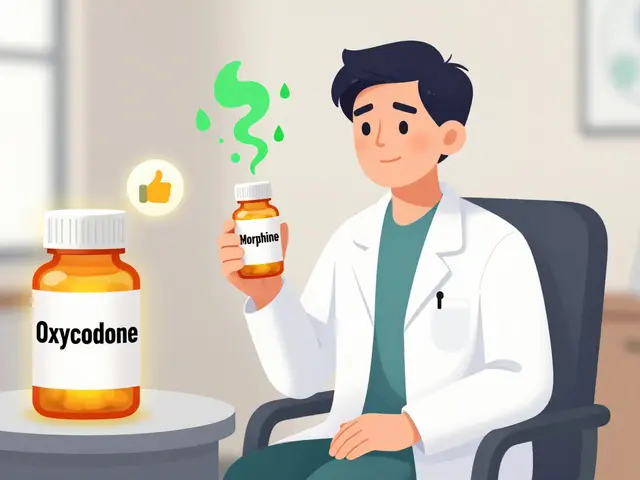Vitamin D Deficiency: Causes, Symptoms, and What to Do
When your body doesn’t get enough vitamin D, a fat-soluble nutrient critical for bone health, immune function, and mood regulation. Also known as the sunshine vitamin, it’s not really a vitamin at all—it’s a hormone your skin makes when exposed to sunlight. Most people think they’re getting enough if they go outside now and then, but that’s not enough. If you live north of Atlanta, work inside, wear sunscreen daily, or have darker skin, you’re likely deficient—even if you feel fine.
Low vitamin D, a condition affecting over a billion people worldwide doesn’t always show up as bone pain or fractures. More often, it shows up as constant tiredness, muscle weakness, frequent colds, or even low mood. Studies show people with low levels are more likely to get sick, recover slower, and struggle with depression. It’s not just about bones—it’s about your whole system running on low fuel.
Getting tested is the only way to know for sure. A simple blood test checks your 25-hydroxyvitamin D level. If it’s under 30 ng/mL, you’re deficient. Most doctors recommend 40–60 ng/mL for optimal health. You can’t fix it with diet alone—not even with fortified milk or fatty fish. You need sunlight or supplements. Even then, absorption varies. People with obesity, digestive disorders, or kidney issues need higher doses.
Vitamin D supplementation, a common and effective way to correct deficiency is usually safe at doses of 1,000–4,000 IU daily, but some people need more. Don’t just grab any bottle—look for D3 (cholecalciferol), not D2. D3 is what your body naturally makes and it works better. Take it with food, especially fat, so your body can absorb it. And don’t overdo it—too much can raise calcium levels and harm your kidneys.
There’s no magic fix, but the fix is simple: get tested, take the right dose, and get safe sun when you can. You don’t need to tan. Just 10–20 minutes of midday sun on your arms and legs, a few times a week, can make a difference. In winter, or if you’re stuck inside, supplements are your best bet.
The posts below cover real-world cases: how vitamin D links to immune health, why some people need more than others, what happens when you ignore it, and how it interacts with other meds like warfarin or thyroid drugs. You’ll find practical advice—not theory. Just what works.
How Vitamin D Helps Manage Colitis Symptoms and Support Gut Health
Vitamin D plays a key role in reducing inflammation and supporting gut healing in colitis. Learn how optimal levels can reduce flare-ups, improve symptoms, and work alongside standard treatments.
Read More
